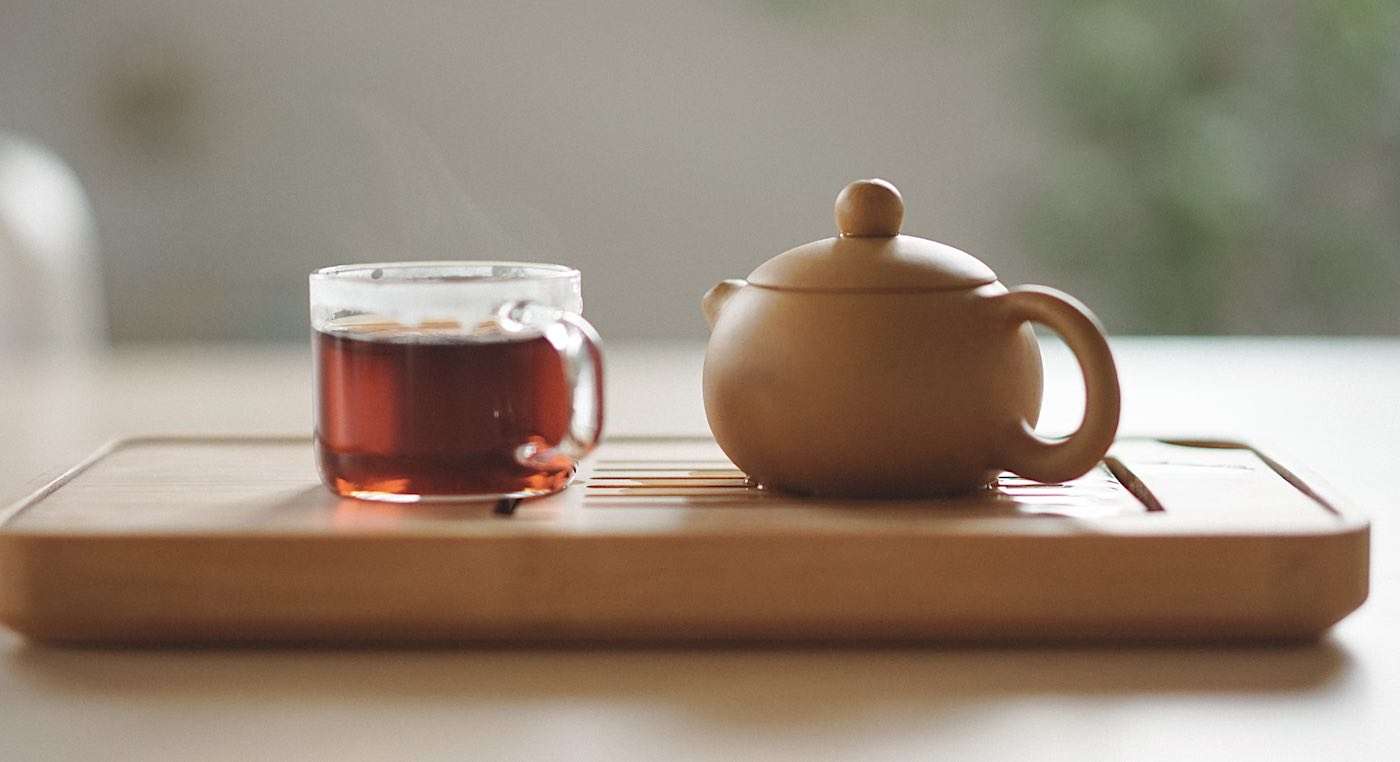Dad Wakes From Coma to Discover Artistic Skills he Never Had Before-And is Now a Carpenter and Model Maker
Moe Hunter awoke from a coma and suddenly had artistic talents like never before-and now he's a carpenter and pro model builder.

Drinking black tea may reduce the risk of dying young from heart disease, according to a new observational study that used data on nearly half a million people, ages 40-69.
People who drank two or more cups of per day were found to have a nine to 13 percent lower risk of an early death from cardiovascular disease or stroke, compared with non-tea drinkers.
The link was found regardless of whether participants also drank coffee, added milk or sugar to their tea, their preferred tea temperature, and the effect of demographics, lifestyles, as well as genes that determine how fast people metabolize caffeine.
Previous studies have shown an association between green tea drinking and reduced mortality in Asian populations, including from cancer, but the few studies that have been done on black tea-drinking populations have produced mixed results.
A research team in the U.S. led by Dr. Maki Inoue-Choi of the National Institute of Health's National Cancer Institute investigated the association between tea drinking and mortality in the United Kingdom, using data on the 500,000 people enrolled in the nation's Biobank study in the early 2000's.
The participants completed questionnaires covering demographic, lifestyle, and health-related information. This included the number of cups of tea they drank each day. The researchers followed participants for the 14-year study period, until early 2020. For those who died during this time, the researchers obtained date and cause of death from the UK National Health Service.
The researchers found a 9-13% lower risk of death among people who drank at least 2 cups of tea per day than among non-tea drinkers. Tea drinking was associated with reduced mortality from cardiovascular diseases and stroke—but not any reduction from cancer or respiratory disease than non-tea drinkers.
The team controlled for demographic, health, and lifestyle factors in their analysis. Genetic data were available for most participants, allowing the researchers to assess whether the associations they found varied with genetic variants that affect how fast people metabolize caffeine. They found that these variants did not affect the associations, nor did drinking coffee.
"The results reinforce that tea, including black tea, can be part of a healthy diet," says senior author Dr. Erikka Loftfield of NCI, who published the results in the September 2022 issue of Annals of Internal Medicine.
But the researchers caution that the study is observational and cannot prove that tea drinking lowered the risk of death directly. They also did not assess some aspects of tea drinking, such as cup size and tea strength, which may be important. Further study will be needed to determine if and how tea reduces the risk of death.
But, Inoue-Choi concluded, "If you drink tea already, you may be getting benefits from it."
It's TEA TIME: Pass This ‘Cuppa' Good News to Friends on Social Media…
Be the first to comment